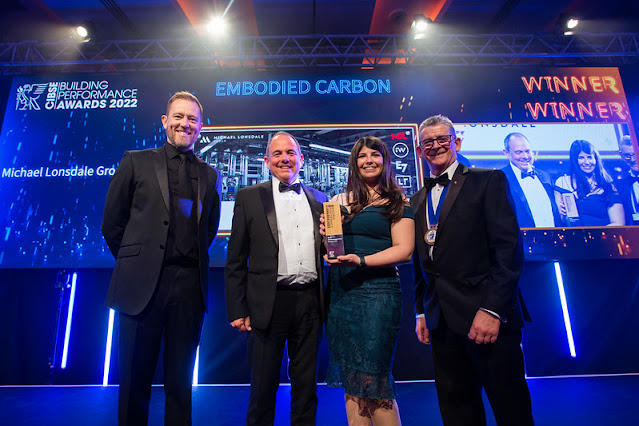Heatwaves - CIBSE champions better performance in homes - by Dr Anastasia Mylona
 |
On 26 July, as the temperature was soaring to its record level
in Faversham, the Environmental Audit Committee (EAC) coincidentally published the report of an inquiry it carried out this year into the impact of high temperatures. The EAC inquiry considered the risks to human health, wellbeing and productivity associated with heatwaves and high temperatures and the level of the UK’s present resilience to them. It also took a hard look at the government’s actions to date and at what measures it should be introducing in order to increase future resilience.
in Faversham, the Environmental Audit Committee (EAC) coincidentally published the report of an inquiry it carried out this year into the impact of high temperatures. The EAC inquiry considered the risks to human health, wellbeing and productivity associated with heatwaves and high temperatures and the level of the UK’s present resilience to them. It also took a hard look at the government’s actions to date and at what measures it should be introducing in order to increase future resilience.
CIBSE members have a wealth of expertise in designing buildings for thermal comfort and tackling overheating, applied on projects in the UK and around the world, and the knowledge of members and of CIBSE’s strong technical team has significantly informed the inquiry’s findings and its recommendations to government (see the CIBSE contribution to the report on pages 24-28 and Anastasia Mylona's oral evidence to the committee and the written evidence from CIBSE). The EAC’s report, Heatwaves: Adapting to climate change, cites CIBSE extensively in its recommendations on the Building Regulations and the wider regulatory framework. Notably, the report recommends that the government should ensure that a dynamic thermo-modelling test is made a regulatory requirement for new buildings, naming TM59 and TM52 as models.
CIBSE was among almost 30 individual experts, industry bodies and government departments that provided written evidence to the inquiry. Following this, the EAC invited me to attend an inquiry session in person, to give the committee greater insight into the working of the Building Regulations and to help inform its recommendations. The committee’s questions focused on a number of areas, including current treatment of overheating risk by the Building Regulations, the vulnerability of existing and new building stock to heatwaves and high temperatures, and possible solutions, including the impact of air conditioning as a cooling measure. Such was the level of interest from the 16 MPs on the committee that CIBSE was asked to submit further written evidence following this session, providing more detailed information.
Throughout this process, our responses aligned with and reinforced the CIBSE position on overheating. This stresses the need for the Building Regulations to better consider overheating risk, and for the adoption of an all-year-round approach to building design that looks holistically at the different aspects of building performance and how they interact. Our first point was echoed by EAC chair Mary Creagh MP, who said on the report’s publication: “The government’s new adaptation plan promises no effective action to prevent overheating in buildings. It must change Building Regulations and planning policies to ensure homes and transport networks are able to deal with extreme heat.”
In view of the continuing high summer temperatures, the EAC’s report has attracted a high level of media attention. As a result, CIBSE Head of Sustainability Julie Godefroy and I have been able to share CIBSE’s knowledge in interviews featuring in a number of major television and radio news bulletins. These have included the BBC’s London region early evening television news, BBC News at 6pm and 10pm, BBC Breakfast television and Radio 4’s You and Yours programme.
The continuing high temperatures mean, as the EAC report states, that one in five of the UK’s homes may currently be overheating. This challenge is pressing and CIBSE and its members will therefore continue to work, through projects and guidance, to combat overheating in today’s homes and other buildings and to promote resilience and comfort in design of the future built environment.
The full range of CIBSE information about overheating is available on the CIBSE website; including publications (both free and paid for) and CIBSE weather data.
The full range of CIBSE information about overheating is available on the CIBSE website; including publications (both free and paid for) and CIBSE weather data.
 |
| Julie Godefroy on BBC news at 6pm and 10pm, 26 July 2018 |
 |
Roger Harrabin (Environment and Energy Analyst, BBC News) |
 |
| Ashley Bateson CIBSE Vice President being interviewed by BBC local radio stations |
 |
| Julie Godefroy filming with David Shukman (BBC News Science Editor) |
.png)


Comments
Post a Comment